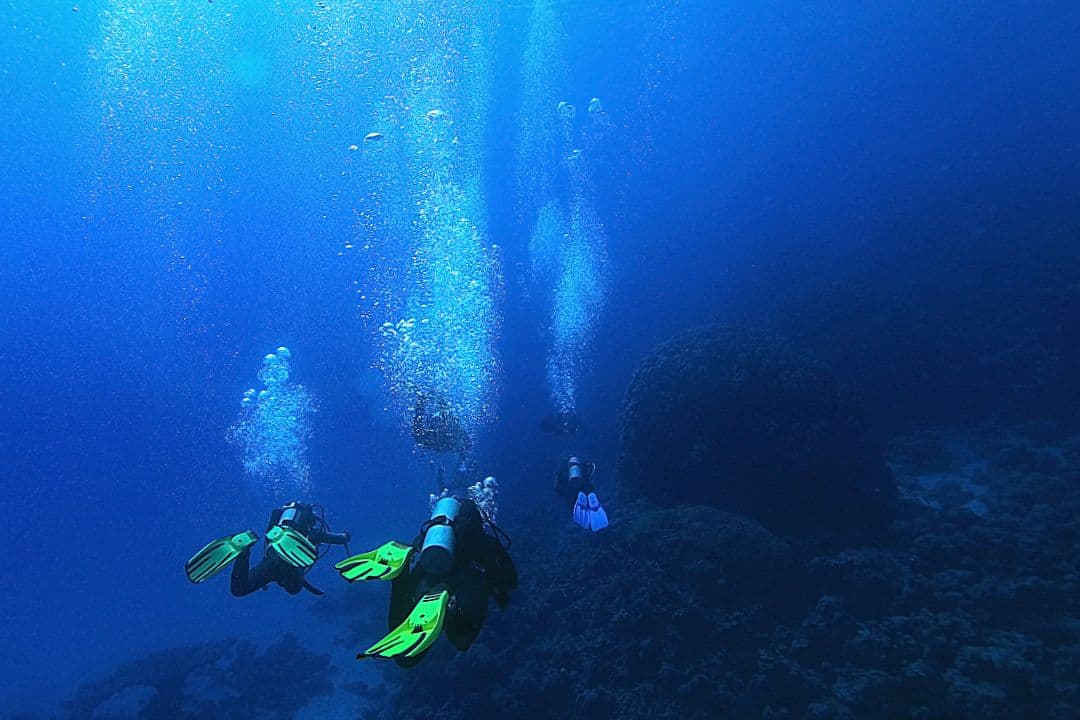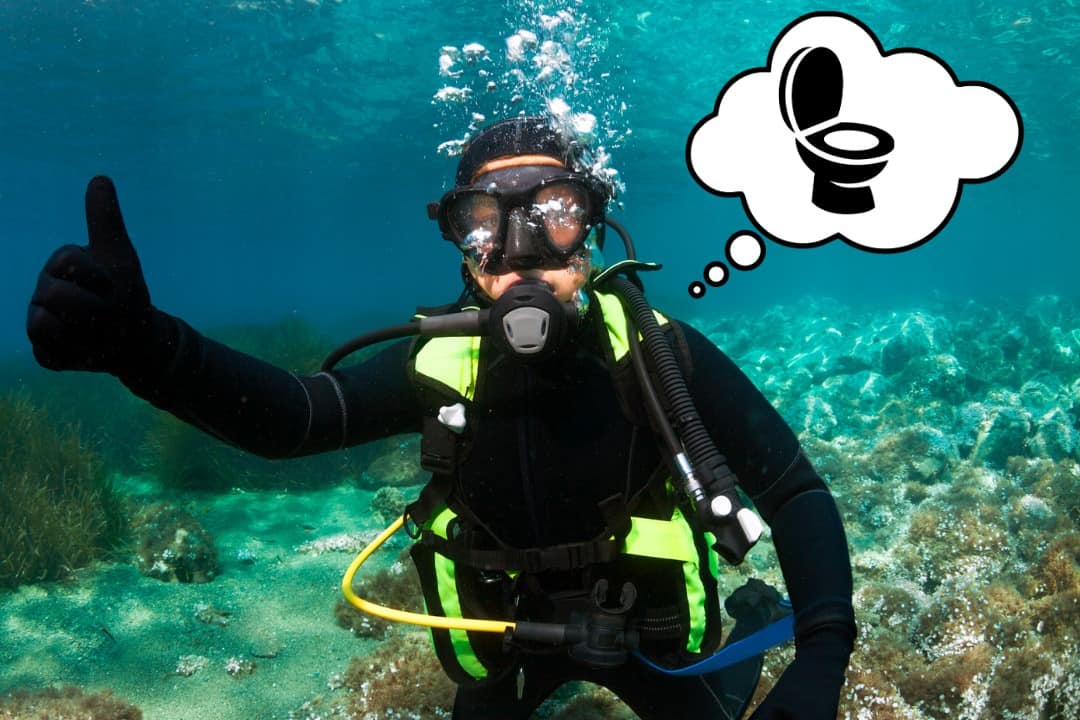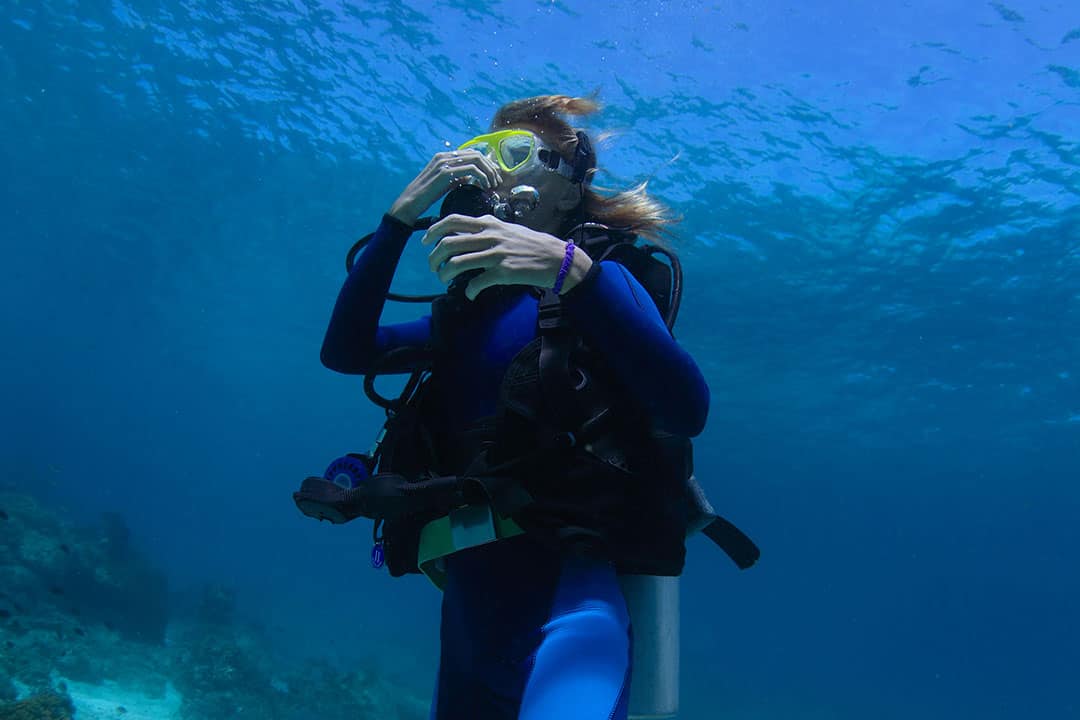Beginners and experienced divers alike can have trouble equalizing water pressure on a dive.
In this article I’ll go over how often you should equalize each air space for a safe and comfortable dive.
How often should you equalize when scuba diving?
There are four air spaces that we equalize when diving – ears, lungs, mask, and sinuses. The golden rule is to equalize early and often, so I’ll explain exactly what that means for each air space.
So What Does Equalizing Mean?
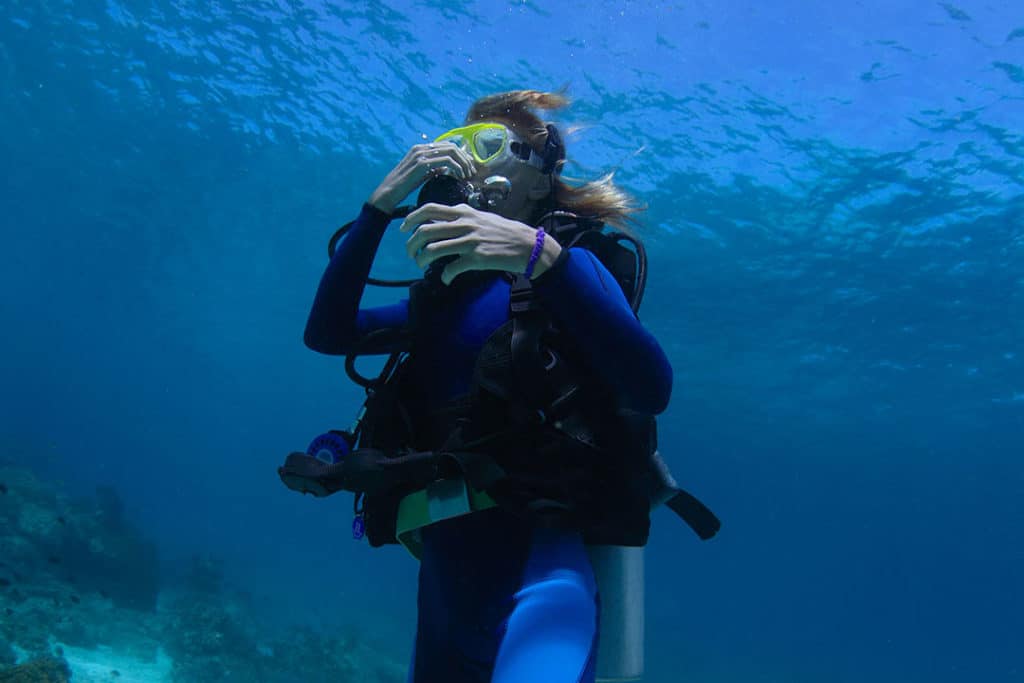
One of the first elements of dive theory you’ll learn in dive class is pressure. As you descend underwater, the weight of the water pressing against your body increases, creating water pressure.
This doesn’t affect most of our body, because our tissues – like skin and muscle – are made primarily of water and have the same density as water.
The only way you feel the water pressure is when it presses on the air spaces in your body.
Think about blowing up a balloon full of air and taking it to the bottom of a pool – the balloon will shrink as the water compresses the air inside.
We have four air spaces that we need to account for underwater: ears, lungs, mask, and sinuses.
We equalize the pressure in those air spaces by adding air to them as we descend and the air compresses, then releasing air from them as we ascend and the air expands.
Learning when to equalize each air space is an important skill that experienced divers master for a smooth and comfortable dive.
1. Ears
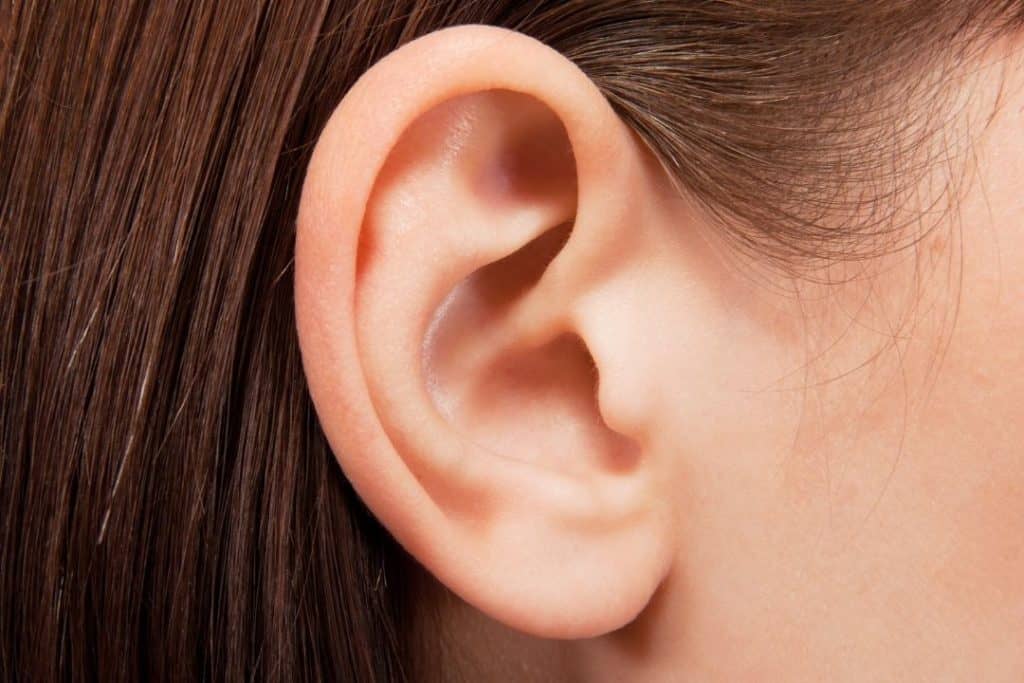
When divers talk about “equalizing,” we’re usually talking about our ears.
There is an air space in the middle ear that gets compressed as you descend, and you need to add air to it to prevent damaging your eardrum and other small organs.
It sounds complicated, but it’s actually easy to add air into your ear from your throat by performing the Valsalva maneuver – hold your nose and blow. If that move doesn’t work for you, you can also wiggle your jaw, swallow saliva, or begin a yawn for a similar effect.
It’s important to equalize your ears early and often. So what exactly does that mean? Equalizing early means while you’re descending and before you feel any sort of discomfort.
Equalizing shouldn’t feel like much, besides a gentle “pop” within your ears. If you feel pain in your ears, you’ve already gone too far, and you’ll have to ascend a bit and try equalizing again.
As for “often,” most dive organizations advise that you equalize every meter, which is about every three feet.
For my beginner students, I advise them to equalize more often than that as they get used to the feeling of changing pressure and learn which technique works for them.
If you’re doing a free descent, it’s important to control your descent carefully with your breathing and fins so that you have enough time to equalize often. A quick descent can leave you with inflamed – or worse, damaged – ears.
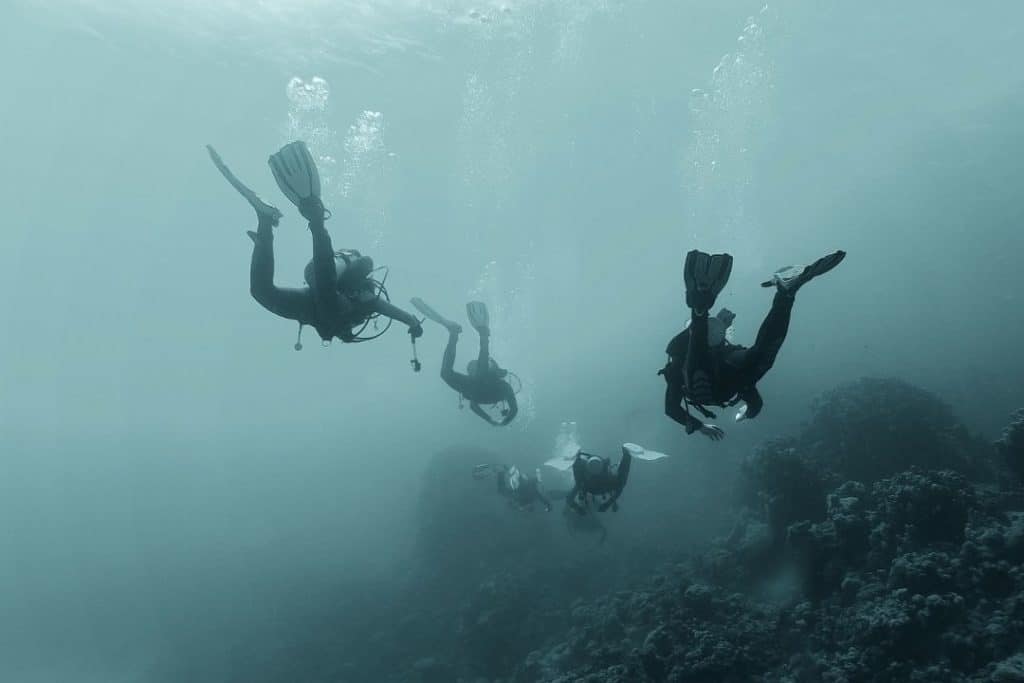
After the initial descent, you will have to equalize again if the dive site gets deeper. The same rule applies – early and often!
The good news is that you generally don’t have to worry about equalizing on your ascent. As the air in your ears expands, it will come out naturally in your breath.
The only time you might run into trouble is if you’re congested and the air gets trapped. If that happens, let your guide know you’re having ear trouble and ascend as slowly as possible, giving the trapped air a chance to work itself out.
2. Lungs
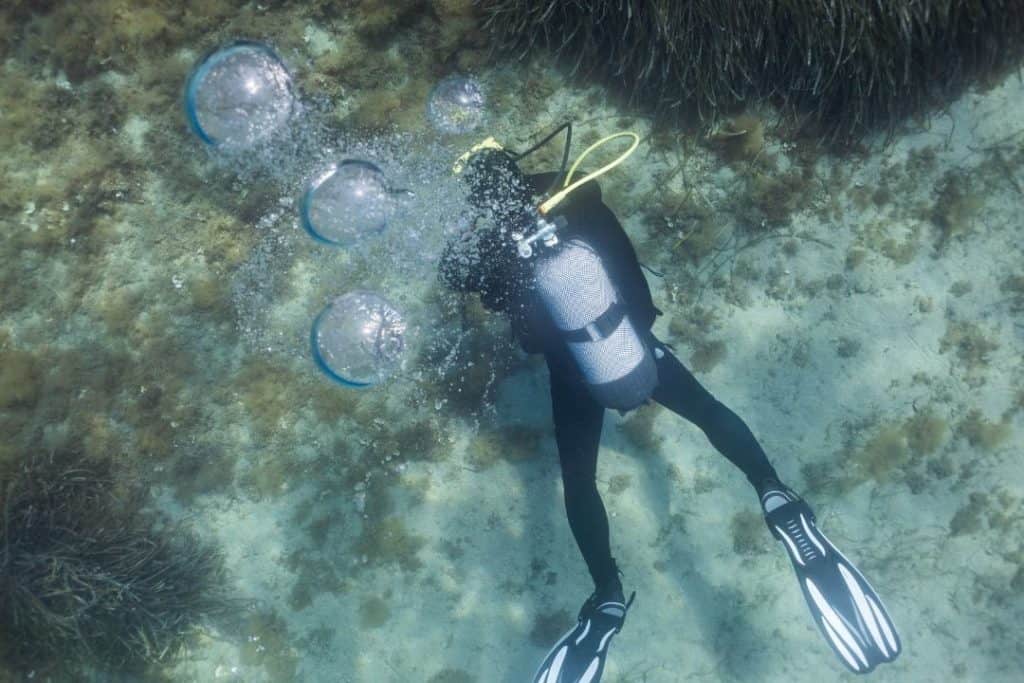
As important as your ears are, your lungs are actually your most important air space. Luckily, they’re also the easiest air space to equalize!
In your first dive class, your instructor will tell you that the most important rule of scuba is to never hold your breath.
That’s because breathing continuously is all you need to do to equalize the pressure on your lungs. That means we equalize our lungs constantly while underwater.
The lungs are the most important air space and require constant equalization because any damage to them could be fatal.
As you descend and the water pressure increases, your regulator delivers air at the same pressure to your lungs from your tank.
The most dangerous part of holding your breath with compressed air is that if you ascend, the air in your lungs will expand. At best, the expanding air could cause a mild lung overexpansion.
At worst, the lung could rupture or throw an air embolism into another part of the body, which could be deadly.
If you accidentally drop your regulator from your mouth, you can still protect your lungs while you recover it or grab your buddy’s reg.
Just blow some air gently out of your mouth to make sure that if you accidentally ascend a bit, the expanded air is safely coming out of your mouth. Then you can pop your regulator back in and continue your dive.
3. Mask
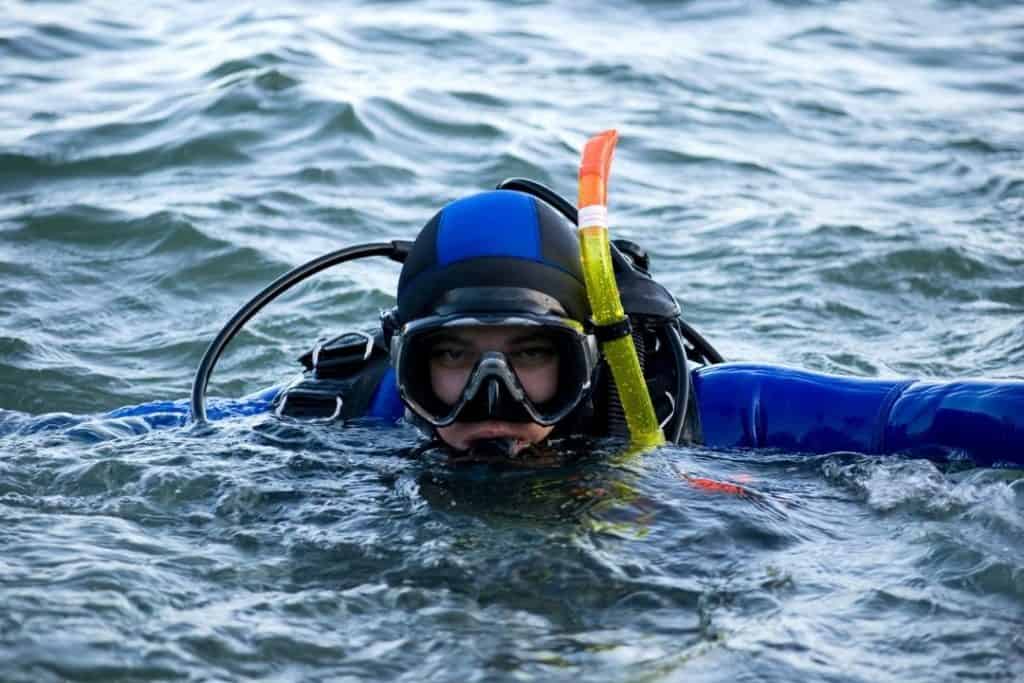
Many divers don’t think about equalizing their mask until they come back from a dive with mask lines or – rarely – bruises around their eyes.
The air in your mask gets compressed as you descend, and can cause a “squeeze” if you don’t equalize it.
Although we’re trained to breathe in and out using only our mouths in scuba, equalizing the mask just requires a short puff of air out of the nose. This adds more air into the mask and prevents it from suctioning to your face.
As an instructor, I’ve rarely seen a mask squeeze cause problems for divers, probably because we frequently clear water from our masks by blowing into them. However, it’s good to equalize your mask often on your descent and pay attention to any discomfort so you can recognize a squeeze. If during the dive you drop to a deeper section, you may need to equalize your mask again. You won’t need to equalize on the ascent, as the expanding air will make its way out in your breath.
4. Sinuses
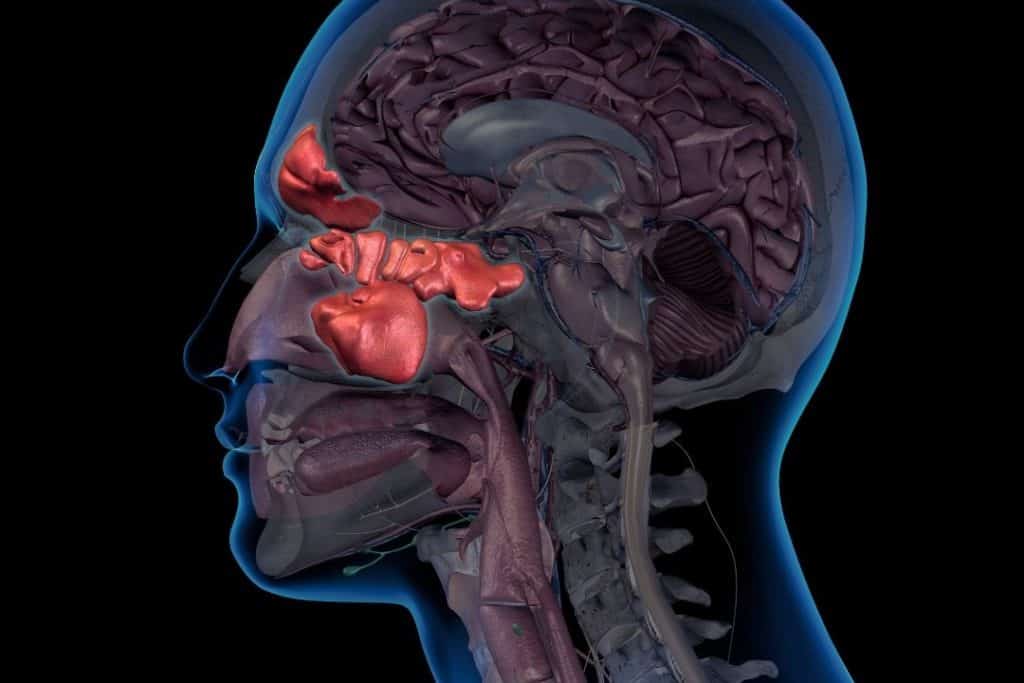
Sinuses are tiny air spaces within the face. We usually don’t notice them unless we have a cold and our sinuses get congested – then we feel pressure in our forehead and cheeks. The sinuses will naturally equalize themselves when we equalize our ears.
The golden rule applies to equalize early and often.
You’ll notice if you’re congested because you’ll have trouble descending, and you may feel pressure or pain in your forehead or other parts of your face.
Unfortunately, that means you shouldn’t dive. There is no safe way to clear congested sinuses and continue the dive.
If you take decongestants before a dive, they could wear off in the middle of the dive. That means that your sinuses will become filled with compressed air that won’t be able to escape as you ascend.
If you do feel pressure on the way up, try to ascend as slowly as possible to allow your sinuses to clear.
You may have to enlist the help of your guide or buddy to provide you with more air while you wait.
Conclusion
Parsing the physics and techniques of equalization can seem intimidating to divers. With experience and patience, equalizing skills will come naturally, and eventually you won’t have to think about it at all!
What’s your go-to equalization technique? If you have a question or something to add about equalization, leave a comment below!
